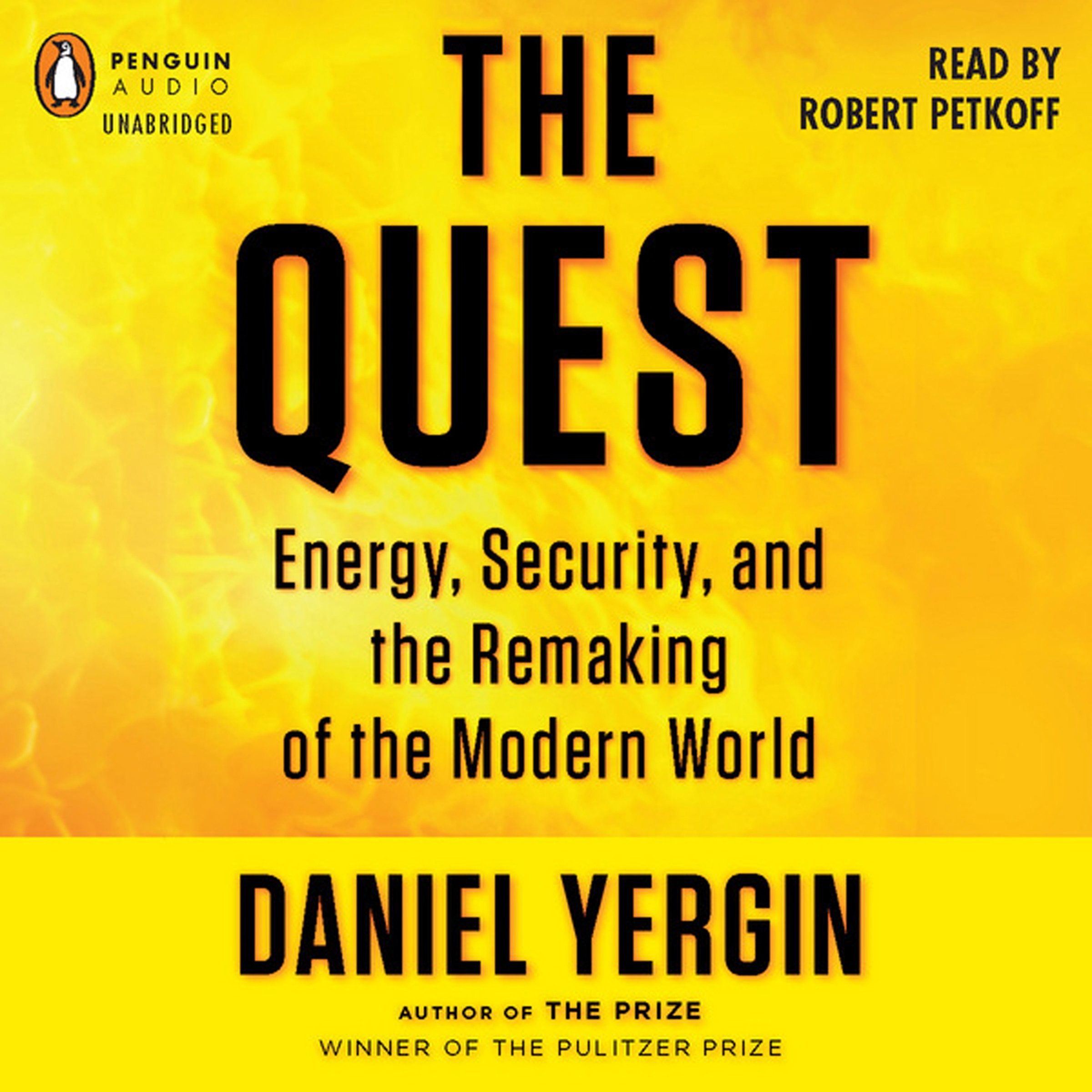In contrast to his previous epic of energy, The Prize, Yergin's updated offering, The Quest, deals with a far more complex, and controversial matter, energy diversity and sustainability.The Quest begins with the familiar, and all too ubiquitous, energy source, oil. Following on from The Quest, Yergin examines the new developments within the oil industry, such as the return of Russia to the scene, the resource race around the Caspian, the rise of super majors, and the impact of conflict upon the oil market, specifically the Iraq war, and the tensions with Iran.In the following chapters, Yergin examines nuclear power, and how events such as Three Mile Island, Chernobyl, and most recently the March 2011 earthquake and tsunami in Japan have led to a popular and political backlash against nuclear power. The variety of renewable energy sources are examined, along with carbon neutral energy sources such as bio-mass, ethanol and natural gas. An entire chapter is devoted to the impact of climate change, although this chapter is rather familiar, and somewhat one-sided.The real strengths of The Quest are the insights given to recent developments, such as Shale Gas and the process of Fracking, and the rise of major gas powers such as Qatar. The problems such as the slowness of the move from fossil fuels to renewable energy, and the logistics and opposition such processes arouse may be entirely familiar to those who follow current affairs, however the strength of this work is that it is included within a comprehensive and wide ranging study.The conclusions may be unsurprising, namely that the current outlook of the doubling of energy consumption is unsustainable under current trends, and a diversification is necessary. The main requisite, we learn, is incentives, which is demonstrated in the case of Japan, wherein the nations lack of resources has spurned diversification and energy efficiency.Not a doomsaying or pessimistic work by any account, as a wealth of opportunity and potential is explored within its pages, pointing to a positive conclusion that energy blackout is entirely avoidable providing change is embraced.The main strength of The Quest is that it leaves no stone unturned, and no issue neglected. What one has within these pages is perhaps the widest, most inclusive, and comprehensive study of the modern world of energy, which is essential reading for all, regardless of ones familiarity with the subject.

